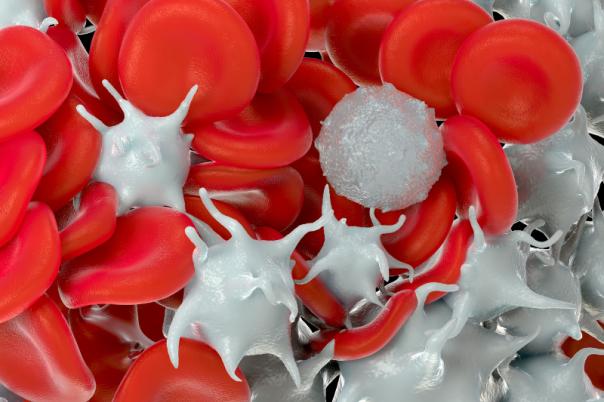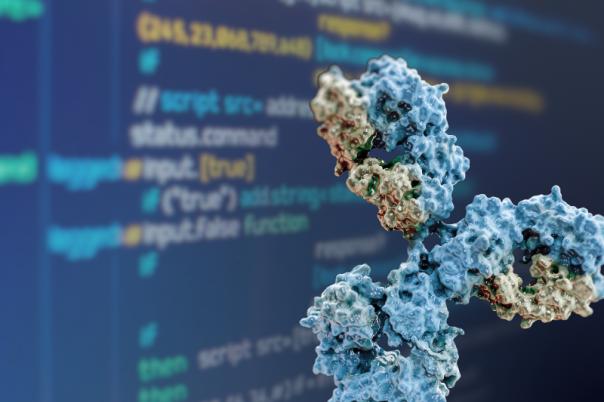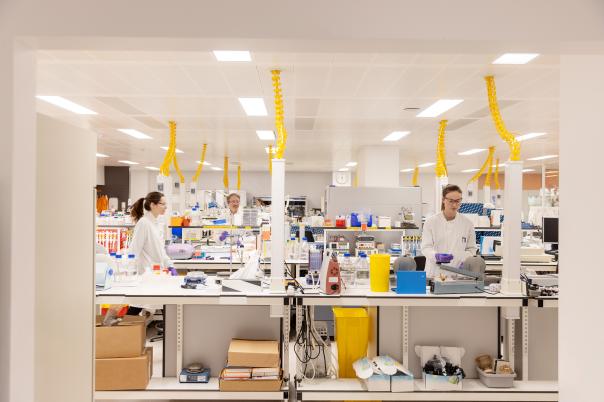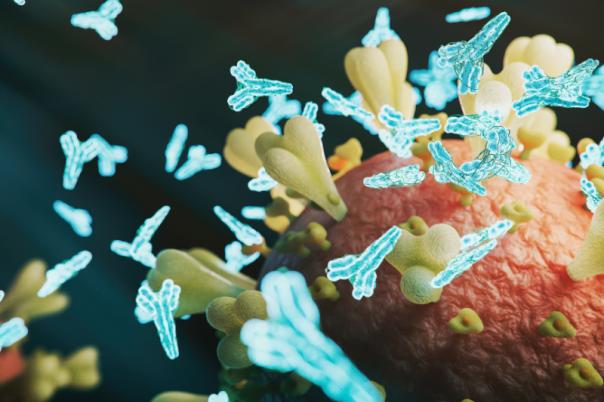Pragya Shah leads the cell line drug development team at AbbVie. In this talk, she discusses how cell lines are an important tool to enable antibody drug discovery against membrane proteins.
Membrane proteins are major targets for drug discovery, comprising over 60% of drug targets despite being only 23% of the human proteome. However, generating antibodies against membrane proteins is challenging due to the lack of suitable antigens and the difficulty in producing hydrophobic and hydrophilic parts recombinantly.
This is where cell lines can be a critical tool in drug development. Cell lines can overexpress membrane proteins in their native conformation, which is useful for immunogens and screening reagents, aiding in antibody discovery and functional assays.
Shah then discussed the various technologies that can be put to use for cell line generation. Transposon-based methods, lentivirus technology, and CRISPR are used for generating cell lines with different levels of protein expression and for specific purposes.
Of particular importance in this talk is the ATUM transposon system, which is used to generate stable pools of cells with high expression levels. Shah demonstrates this with the examples of targets A and B, showing the importance of co-transfection for stabilizing cell surface expression.
Shah also outlines AbbVie’s lentivirus technology which is used for generating physiologically relevant expression levels in non-traditional cell lines. This is illustrated using the example of target C for a co-culture assay.
Finally, receptor density quantification is crucial for ensuring physiological expression levels. Shah demonstrates using a FACS-based method with calibration beads to back calculate receptor numbers on cell surfaces.






